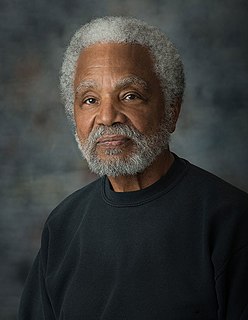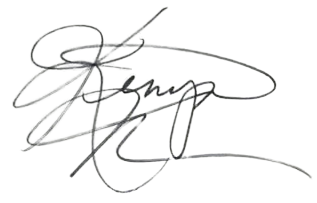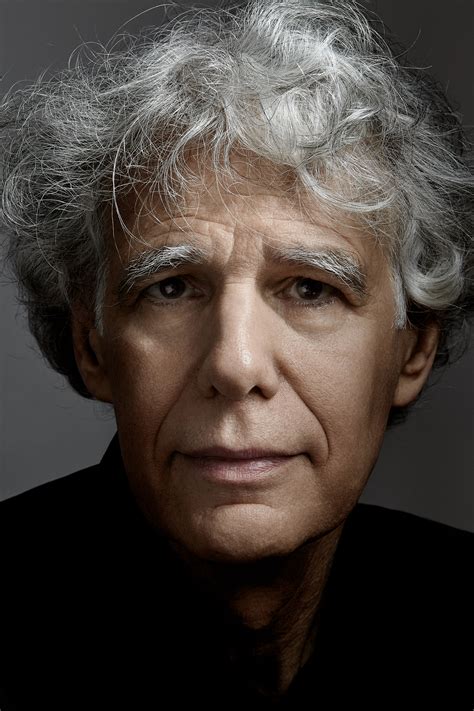A Quote by Raoul Peck
[James] Baldwin was a celebrity. A TV show like Kenneth Clark could put him aside of Martin Luther King Jr. and Malcolm X. He was, at least, one of the three most important spokesmen of the movement and of the black community.
Related Quotes
We like to think of the '60s as Martin Luther King, Jr. and Malcolm X and a little bit of friction - no, there were all of these different groups. There was the Student Nonviolent Coordinating Committee (SNCC), the Black Panthers, Martin and Malcolm, but also the Whitney Youngs of the world, the Bayard Rustins of the world.
When white supremacy becomes institutional, it begins to harm the very people who are not simply outside of it because of their race, it begins to harm the folk who look like the folk who want to be in charge. Martin Luther King, Jr., understood this, Malcolm X understood this, James Baldwin really understood this.
Martin Luther King really was a safety valve for white people. Any time it appeared that the black community was on the verge of really doing what we ought to do based on having been attacked, they put Martin Luther King on television. He was always saying, "We must use nonviolence. We must overcome hate with love." White people loved that. That's why they gave him a Nobel Prize. But when Martin Luther King started condemning the Vietnam War, that's when white people turned against him.
I remember back in the 1960s - late '50s, really - reading a comic book called 'Martin Luther King Jr. and the Montgomery Story.' Fourteen pages. It sold for 10 cents. And this little book inspired me to attend non-violence workshops, to study about Gandhi, about Thoreau, to study Martin Luther King, Jr., to study civil disobedience.
I could turn around as Wyatt Walker said to me about, not you personally, but about the whole Black Muslim movement. That if you go outside of New York City, Dr. [Martin Luther] King is known to 90 percent of the Negroes in the United States and is respected and, and is identified more or less with him, at least as a hero of one kind or another. That the Black Muslim, outside of one or two communities like New York, are unknown.
What is accurately portrayed is the rich humanity not just of Martin Luther King but of the movement, which was a multiracial movement. You had blacks and whites coming together and sacrificing, organizing and mobilizing the world. That's the first time we've had collective action put at the center of any kind of portrayal of Martin King on the screen.





































